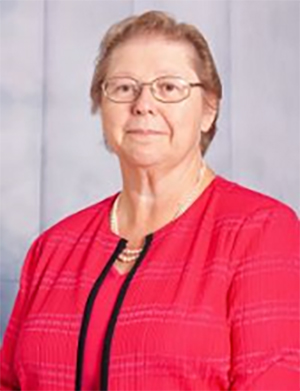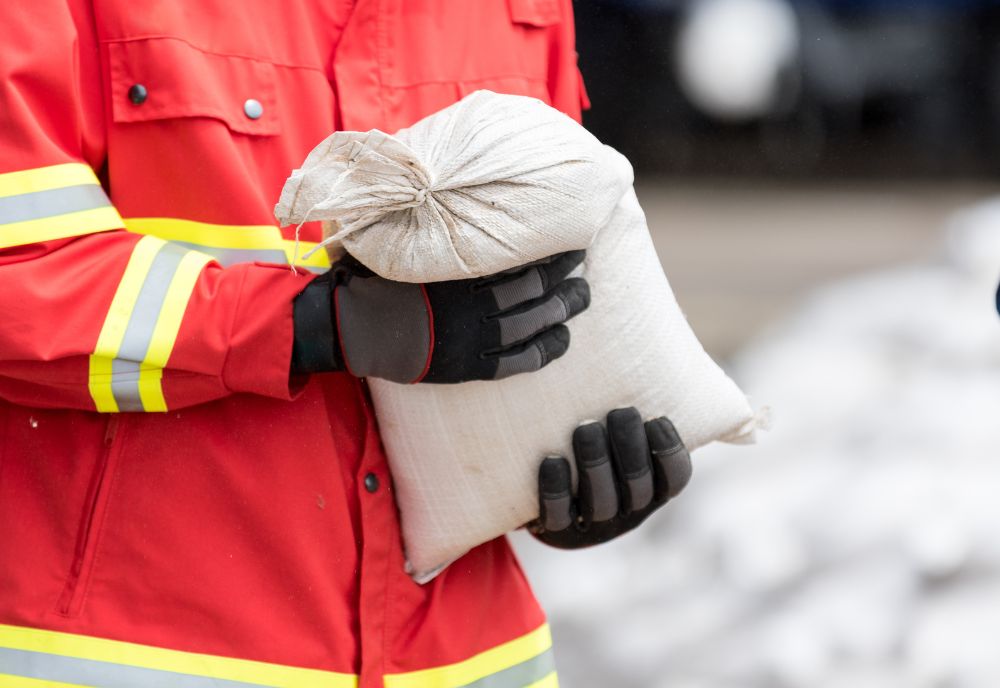Dr. Robin Ersing, professor and director of the USF School of Public Affairs, was invited to join the National Science Foundation (NSF)-funded Team Science Disaster Resilience program.

Dr. Robin Ersing, director and professor in the USF School of Public Affairs
The two-month long training and experiential program brought together in January a cohort of faculty from eight colleges and universities in Florida to form teams and develop an interdisciplinary project idea around challenges related to preparing for and recovering from disasters.
The program began with an intensive, half-day research summit that featured collaborative learning and ideation, culminating in team formation. The second phase was the online, supported team and project idea development that composed the “idea sprint” period (February-March 2024). The program concluded with a virtual research symposium (April 2024) to reflect on and celebrate individual participants personal growth and team accomplishments.
“The program was a unique opportunity to network with diverse faculty researchers from across Florida to focus on innovative ways to address challenges in studying the impact of disasters, using a “Team Science” approach to leverage the expertise of research scholars across diverse fields of study,” Ersing said. “I was motivated to participate as a way to infuse new thinking into my work on community disaster resilience, particularly the impacts of women and socially vulnerable communities. I hoped to gain insights on how my research would benefit from a cross-disciplinary approach, particularly working with new colleagues outside the social sciences.”
The interdisciplinary approach during the research summit portion of the program allowed for improved collaboration and idea generation.
“NSF created a slide book containing the bios of each participant, which helped in finding some interesting connections among the group. After several initial exercises to identify overarching topic areas, teams were formed and that allowed us to work with an NSF liaison to guide each group to develop a research question that would incorporate and blend our disciplinary expertise,” Ersing explained. “The synergy was great and led to new thinking on a complex topic.”
The topic of focus for Ersing and colleagues was: What are the community-focused impacts of compound disasters on agriculture and infrastructure systems and their ability to support the economy, and what climate adaptations might mitigate these impacts and help socially vulnerable communities become more resilient?
“Being part of the program allowed me to meet new collaborative partners and to better understand other frameworks outside the social sciences that expand thinking on the concept of disaster resilience, she continued. “This included perspectives from engineering, agriculture, coastal planning, economics, analytics, and management to name just a few.”
Ersing shared that this served as a reminder to keep an open mind and to avoid working in a silo as a researcher focused on disaster resilience.
“It was helpful to use the ‘jam board’ approach to think freely and post quick thoughts and responses to various questions which the team was able to organize around common themes. The visual gave me new ideas and helped me broaden my thinking on complex issues,” she said.
Looking back on the experience, she shared she was grateful for the opportunity to engage in the collaborative practice, and she plans to continue the research work that she and the team initiated during the program.
“My team worked on Compounding Disasters and developed an overarching, interdisciplinary research question that represented all disciplinary expertise in the team. We now have a path to carry this potential project forward and have been assured that NSF will continue to mentor the group as we seek funding for our joint work,” she said.
“Being selected for the NSF program was so rewarding and provided an opportunity to meet new collaborative co-researchers from a variety of disciplines and generate new ideas on studying the issue of disaster resilience.”
